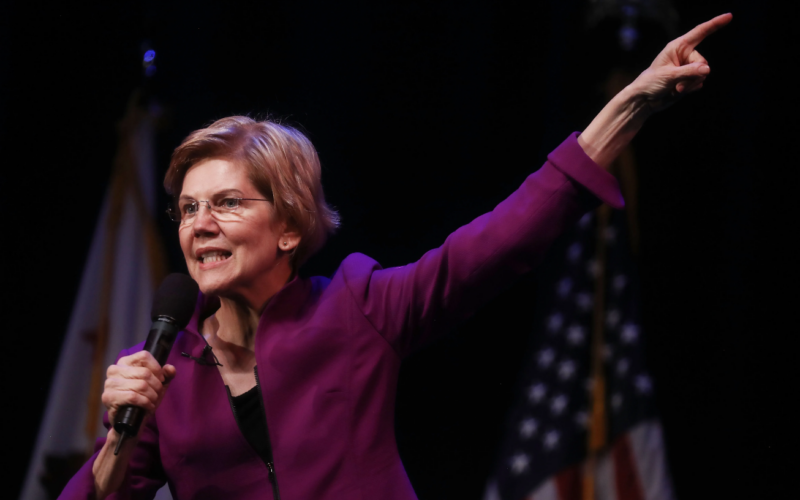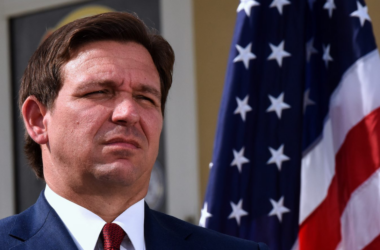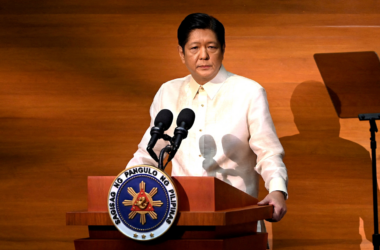In a significant development that underscores the ongoing debate surrounding digital censorship and freedom of expression, Senator Elizabeth Warren has demanded answers from Meta Platforms Inc. regarding reports suggesting the social media giant’s alleged censorship of pro-Palestinian content. The Massachusetts senator’s call for transparency and accountability comes as concerns mount over the impact of digital platforms on the dissemination of diverse perspectives and narratives.
The reports in question raise questions about the role and responsibility of major tech companies in shaping the online discourse, particularly when it comes to issues as sensitive and globally significant as the Israeli-Palestinian conflict. Senator Warren’s inquiry adds a political dimension to the conversation surrounding the influence wielded by tech giants in controlling the flow of information and shaping public opinion.
The Massachusetts senator, known for her advocacy on issues related to corporate accountability and market competition, has requested detailed information from Meta regarding its content moderation policies and practices. The call for answers comes against the backdrop of growing public awareness about the potential biases inherent in algorithmic content curation and the impact of these decisions on marginalized or minority viewpoints.
This article draws on reliable sources reporting on Senator Elizabeth Warren’s demand for clarity on Meta’s alleged suppression of pro-Palestinian content. By acknowledging these sources, we aim to present a comprehensive overview of the situation, highlighting the broader implications of such allegations on the discourse around digital censorship and the influence of social media platforms.
The intersection of technology, politics, and free expression has become a focal point in contemporary discussions, with incidents of alleged content suppression fueling concerns about the power dynamics at play within major tech corporations. As Meta, the parent company of Facebook, Instagram, and WhatsApp, faces scrutiny, the incident raises questions about the responsibility these platforms bear in ensuring fair and unbiased content moderation.
Senator Warren’s inquiry brings attention to the need for transparency in the decision-making processes employed by tech companies in moderating user-generated content. The call for answers emphasizes the importance of understanding the mechanisms that influence the visibility or suppression of certain perspectives, especially on issues of geopolitical significance.
As debates surrounding digital censorship continue to evolve, incidents like these underscore the importance of regulatory frameworks and ethical guidelines to address the challenges posed by tech giants. The outcome of Senator Warren’s demand for information from Meta may have far-reaching implications for the future of content moderation on social media platforms, influencing discussions on the balance between free expression and responsible platform governance.
In navigating the complexities of digital content moderation, the call for accountability from influential figures like Senator Warren contributes to ongoing efforts to hold tech companies responsible for their impact on public discourse. The incident underscores the broader need for transparent, unbiased content moderation practices that respect diverse perspectives and safeguard the principles of free expression in the digital age.








